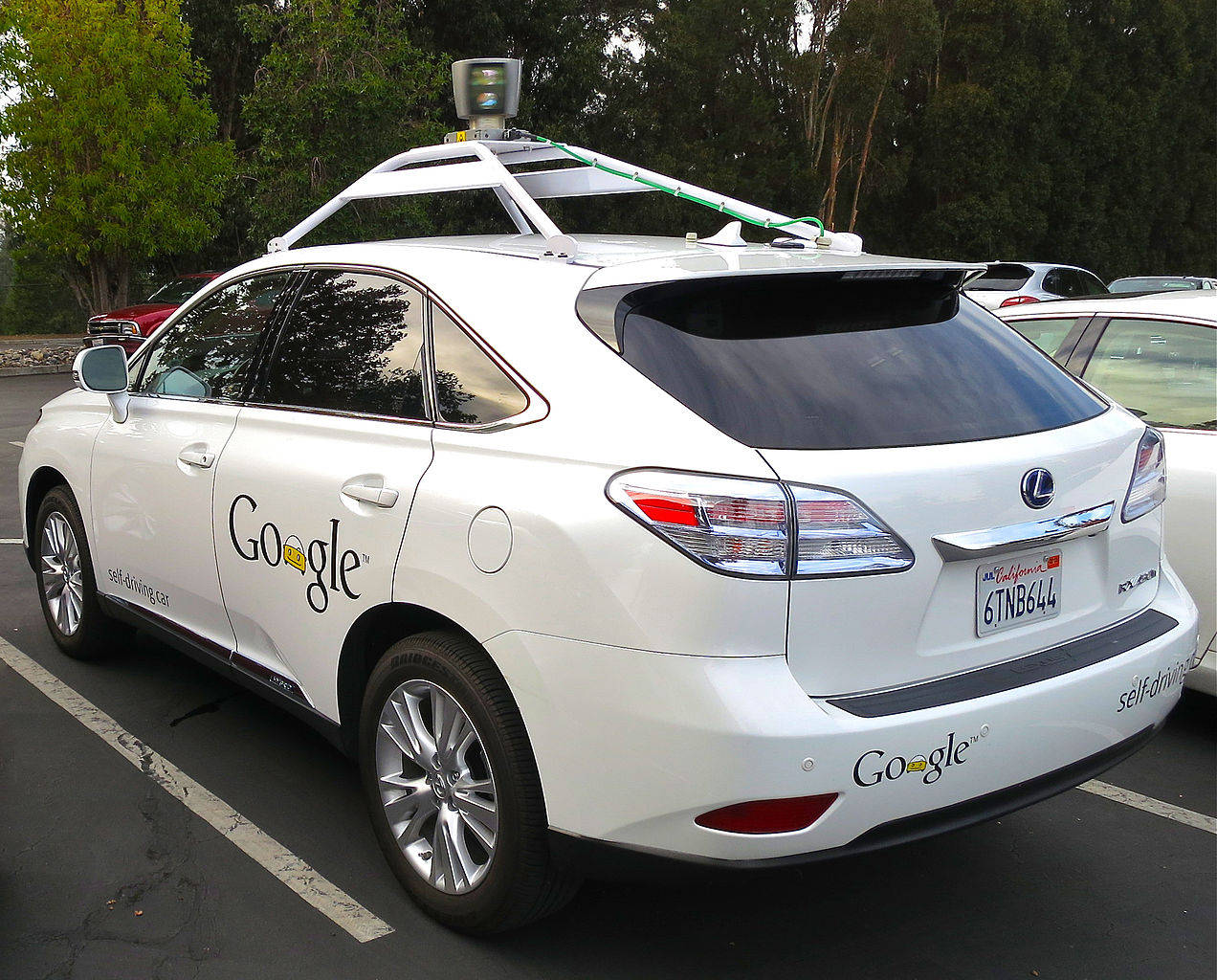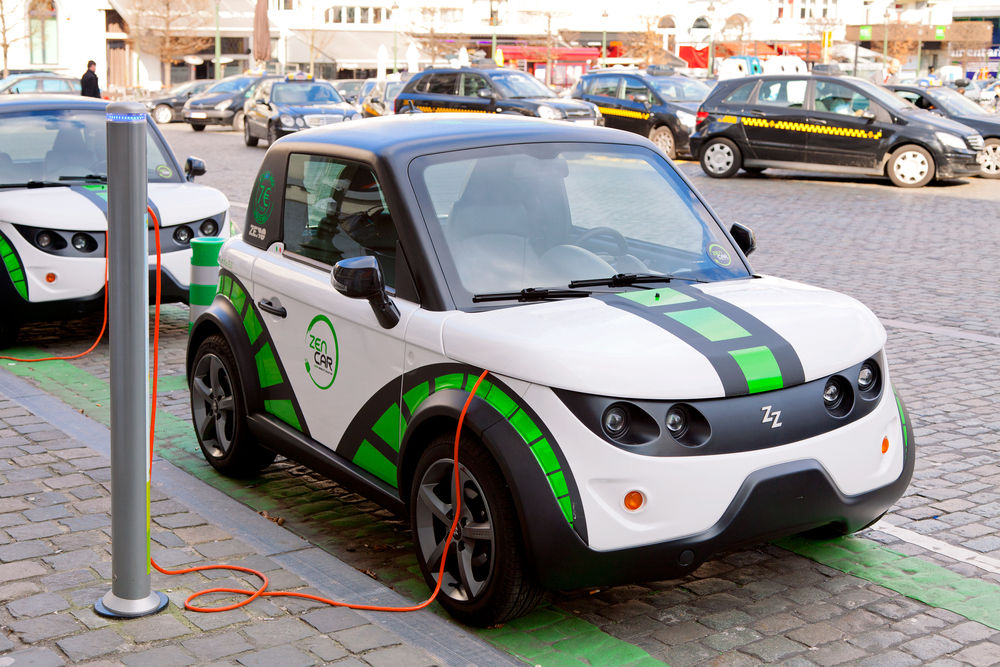Four technologies that will revolutionize driving in 10 years

Technology is forever changing, especially when it comes to the road. Scientists are always trying to find ways to make the experience of driving easier, safer and more convenient. From cars that drive themselves to ones that fly through the air, we are expecting to see many innovative ideas over the coming years and our expectations are becoming even more outlandish as time goes on. But what technologies can we realistically expect in the next 10 years? Read on to discover the four most exciting technologies that will revolutionize driving.
Autonomous cars
 Autonomous cars
Autonomous carsWith cameras, sensors, lasers and radar, autonomous cars are the next generation of driving. These magic cars are already in operation with Google’s self driven motors being the most well known. Having formulated the technology for cars to drive themselves, Google is still in the decision-making process as they are unsure whether to manufacture the cars themselves or sell the technology to already well established car manufacturers. One thing is for sure though; autonomous cars are definitely a future development that will take hold of our streets.
Flying cars
Like autonomous cars, flying cars are one of the more obvious future advancements in driving technology. The idea is nothing new and it was first seen in 1917 with the Curtiss Autoplane, a vehicle that hopped rather than flew. These types of vehicle were initially used for emergency services, law enforcement and the super-rich. In terms of a mass produced flying car we are years off, but some companies are working on exactly this with Terrafugia leading the research.
Networked cars
 General Motors EN-V
General Motors EN-VAimed at those who live in large, crowded, urban areas, networked cars will attempt to solve the problems associated with travelling in these regions. The concept is a system where one will call a networked car via a smartphone app and the vehicle (pod) comes to that destination and picks up a maximum of two people. The pod calculates the best route based on real time traffic information. It may sound like an idea too far in the future, but those at General Motors plan to run tests on this system in large cities around the world by 2020.
Cheaper high range electric cars
 Electric cars
Electric carsElectric cars have long been thought to be the solution to CO2 emissions from gas guzzling motors and one of global warming’s biggest contributors. We have electric cars, yet they’re not so widely used. Why? The simple reason is that they’re expensive due to the high production cost of Li-ion batteries used to power them. However, professors at the University Wollongong, Australia, have had a breakthrough. An element found abundantly in the earth’s crust (germanium) has the ability to increase the energy storage of Li-ion batteries by 5 times when incorporated into the battery. What’s more, improved storage will reduce the price of the batteries.
Featured Articles
- Latest
- Popular
Recommended Articles For You
Featured Cars
- Latest
- Upcoming
- Popular
Car Articles From Zigwheels
- News
- Article Feature
- Advisory Stories
- Road Test

